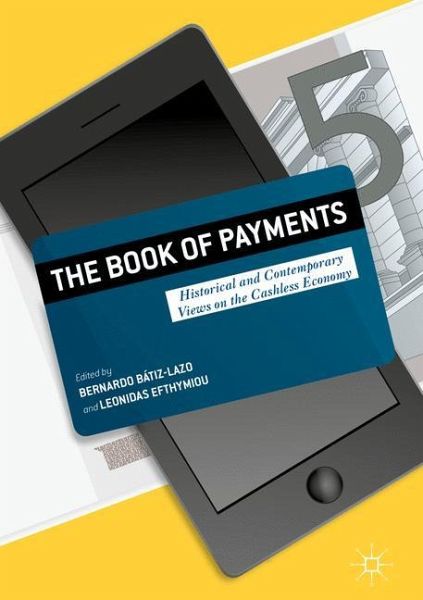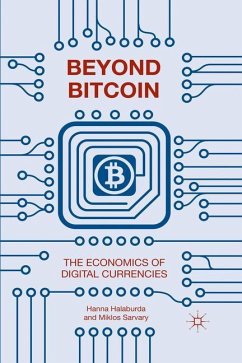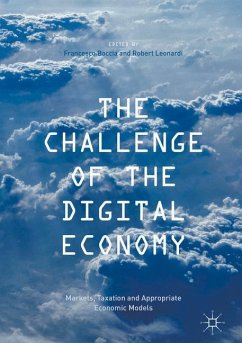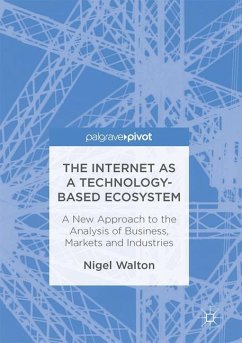
The Book of Payments
Historical and Contemporary Views on the Cashless Society
Herausgegeben: Batiz-Lazo, Bernardo; Efthymiou, Leonidas

PAYBACK Punkte
68 °P sammeln!
This book examines the nature of retail financial transaction infrastructures. Contributions assume a long-term outlook in their exploration of the key financial processes and systems that support a global transition to a cashless economy. The volume offers both modern and historic accounts that demonstrate the constantly changing role of payment instruments. It brings together different theoretical approaches to the study, re-examining and forecasting changes in retail payment systems. Chapters explore a global transition to a cashless society and contemplate future alternatives to cash, cheq...
This book examines the nature of retail financial transaction infrastructures. Contributions assume a long-term outlook in their exploration of the key financial processes and systems that support a global transition to a cashless economy. The volume offers both modern and historic accounts that demonstrate the constantly changing role of payment instruments. It brings together different theoretical approaches to the study, re-examining and forecasting changes in retail payment systems. Chapters explore a global transition to a cashless society and contemplate future alternatives to cash, cheques and plastic, featuring the perspectives of academics from different disciplines in conversation and industry participants from six continents. Readers are invited to discover the innovation in payment systems and how it co-evolves with changes in society and organisations through personal, corporate and governmental processes.














